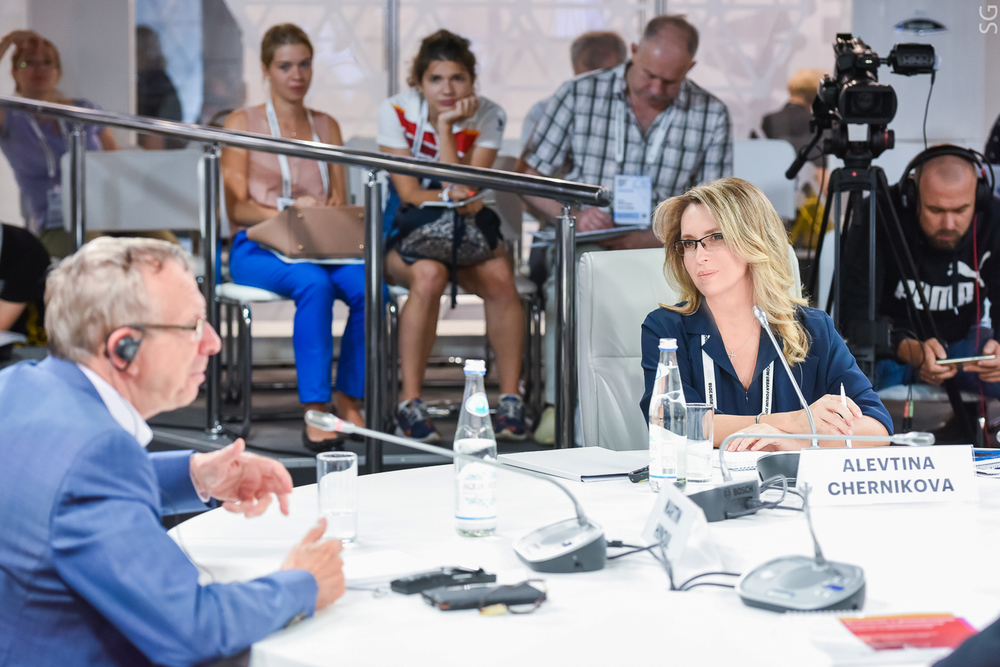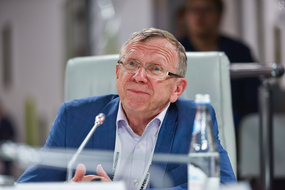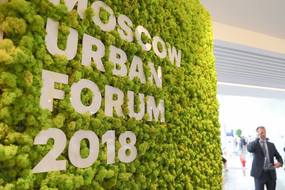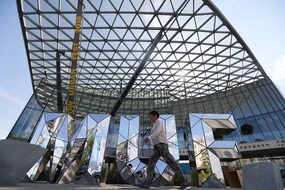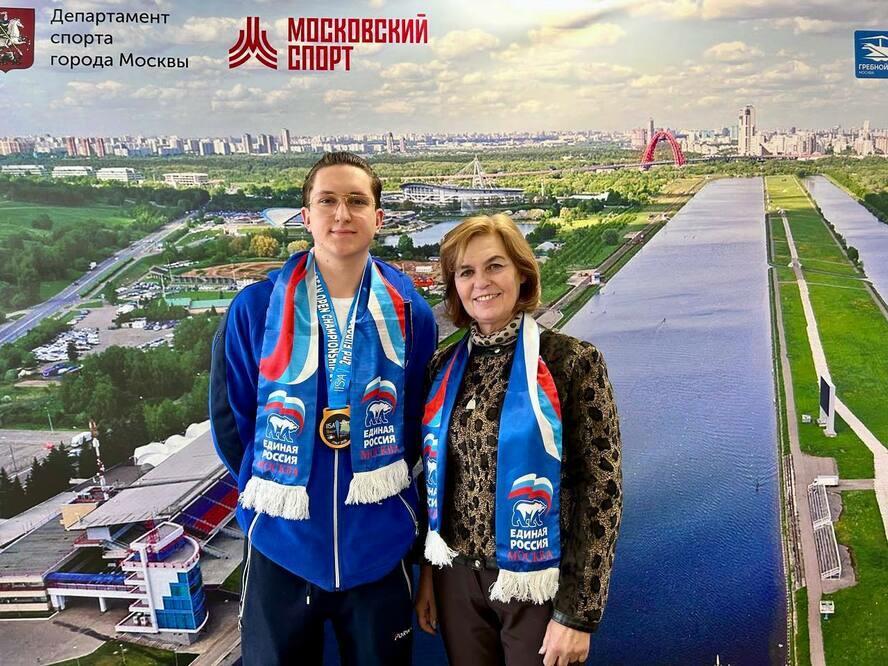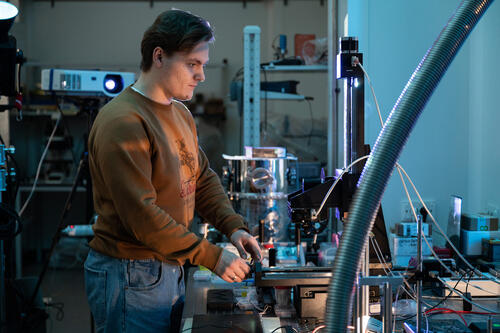NUST MISIS together with PricewaterhouseCoopers (PwC) have conducted a panel discussion at the Moscow Urban Forum, “Megapolis and University: Investment Model of Partnership”. Martin Hinoul, an international expert in the field of science & investment and the Business Development Director of the Research and Development Center at K.U. Leuven, was invited by NUST MISIS to be a special guest at the event.
Martin Hinoul is an expert at one of Europe`s fastest growing startups—K.U. Leuven Technology Transfer Center. Professor Hinoul notes that for a university or startup to succeed they need to create a critical mass consisting of technology parks, incubators, and accelerators, at a minimum.
An infrastructure, founded in 1998, has built up a network that includes 7,000 businessmen and companies. As part of the implementation of the project, more than 120 independent businesses were created based on K.U. Leuven`s developments in the fields of nanotechnologies, medicine, natural science, etc. According to Hinoul, K.U. Leuven annually invests more than 1 billion euros into R&D, and the center`s annual turnover is 8 billion euros.
According to Martin Hinoul, “Interaction between cities and universities is extremely important as universities will play a key role not only in the fields of science and education but also in the economic growth of cities”.
In the knowledge economy, innovative research centers, which generate ideas and transfer technology, have the potential to become engines of urban and regional development.
“Today, world-class research universities are involved in the transformation of the economy, as they affect society and urban environments, forming a culture of openness for the development of effective interaction with the city. Leading scientific and educational centers attract the world`s best scientists, professors, and students from around the world, which has a significant impact on the development of existing and the formation of new industries. University activities contribute to [Moscow]`s attractiveness for Russian and international students, creating points of multiple interaction as a basis for the birth of innovations”, said Alevtina Chernikova, Rector of NUST MISIS.
In 2016, 23 leading European research universities provided 100 billion euros of added value to their regions. Based off these numbers, in large cities the total contribution of a leading university to the economy can equal
“Universities will continue to provide education to the city`s residents but they will also increasingly create workplaces with higher value added. To do this, cities need to create business incubators, accelerators, research parks, and ensure the participation of venture capital. To attract talented people, cities themselves must be attractive”, — said Martin Hinoul.
As participants of the discussion noted, a city should become a customer, so to speak, of universities, because innovations often derive directly from universities. University zones of megacities provide a higher education level to the population, and help attract and retain talent. Thus, a key strategy for urban development should be the development of human capital, which attracts universities. As Yuri Pukha, PwC Partner, noted, the cities of the future will spring up around universities.
According to Alevtina Chernikova, “NUST MISIS aims to create an open, accessible, and convenient campus integrated into the urban space. This year, the development of an additional entrance to Gorky Park from the NUST MISIS campus will be completed. This will allow us to include the University`s territory in a single space with the Park. Together with Moscow, we hold pop science, educational, and professional navigation events available to the general public such as Maker Fair Moscow, #EdCrunch, an international educational conference, University Saturdays at FabLab, science festivals, and film screenings, among other things”.
K.U. Leuven and NUST MISIS have been cooperating since 2017, when the parties signed a cooperation agreement in the field of science and education. The creation of a joint educational English language program for digital manufacturing and the development of the program’s online courses are the first step in the agreement.
